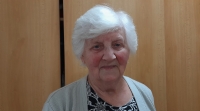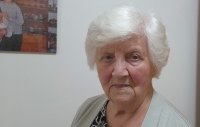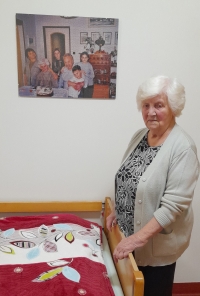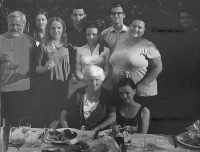I disagreed with the Soviet occupation. They yelled at me, asking how I imagined it
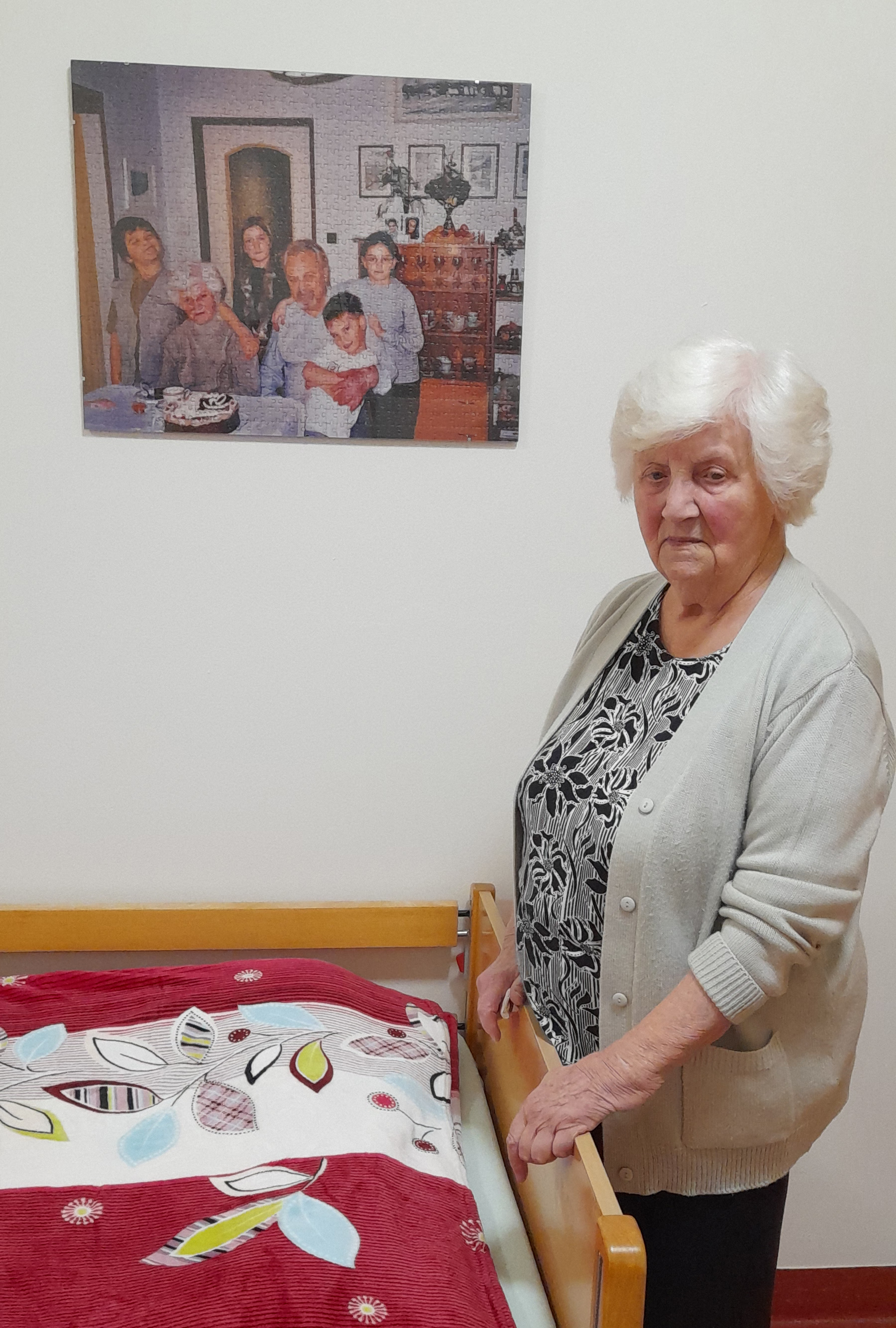
Download image
Libuše Břenková, née Kopecká, was born on 11 December 1931 in Svojanov as the third child of four. Her parents Ladislav and Marie were private farmers. She spent her childhood in Manova Lhota, where her family moved around 1933. During World War II she lived for about two years in Chrast near Poříčany with her grandparents Lambert. In the 1950s, her parents were forced to join the JZD (Unified agriculture cooperative). She attended a social health school in Prague-Holešovice, but she left early and after a six-month course as a medical assistant she joined the Vigona factory in Svitavy in 1950 as an assistant to the company doctor. In Svitavy she joined the Vigona choir and met her future husband Josef Břenek, an agronomist. They settled in Svitavy. They married in 1956 and had two children, a son in 1957 and a daughter in 1965. In the 1960s Libuše Břenková studied at evening at the secondary school of economics, but in the third year, after the birth of her daughter, she dropped out. She then worked at Vigona in the accounting and personnel department. After the invasion of the Warsaw Pact troops, she was determined to leave the Communist Party, but did not do so in order to minimise the negative consequences for her family. Her husband worked as director of the district and regional agricultural administration and in the 1980s also at the Ministry of Agriculture in Prague. Her son Jiří Břenek, a composer, violinist and founding member of the band Čechomor, died in 1996. Libuše then devoted her care to her surviving grandchildren. In his old age, her husband successfully devoted himself to artistic woodcarving. Libuše Břenková was widowed in 2009 and since 2020 she has been living in a nursing home in Hostivice.
